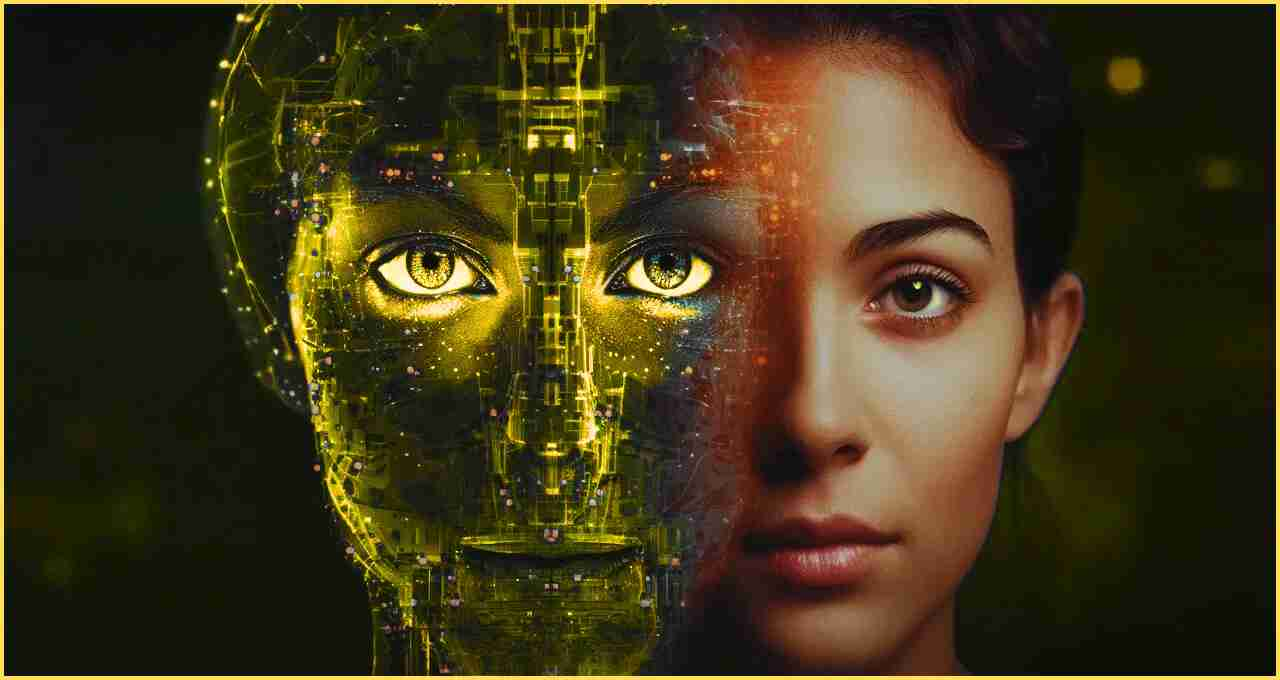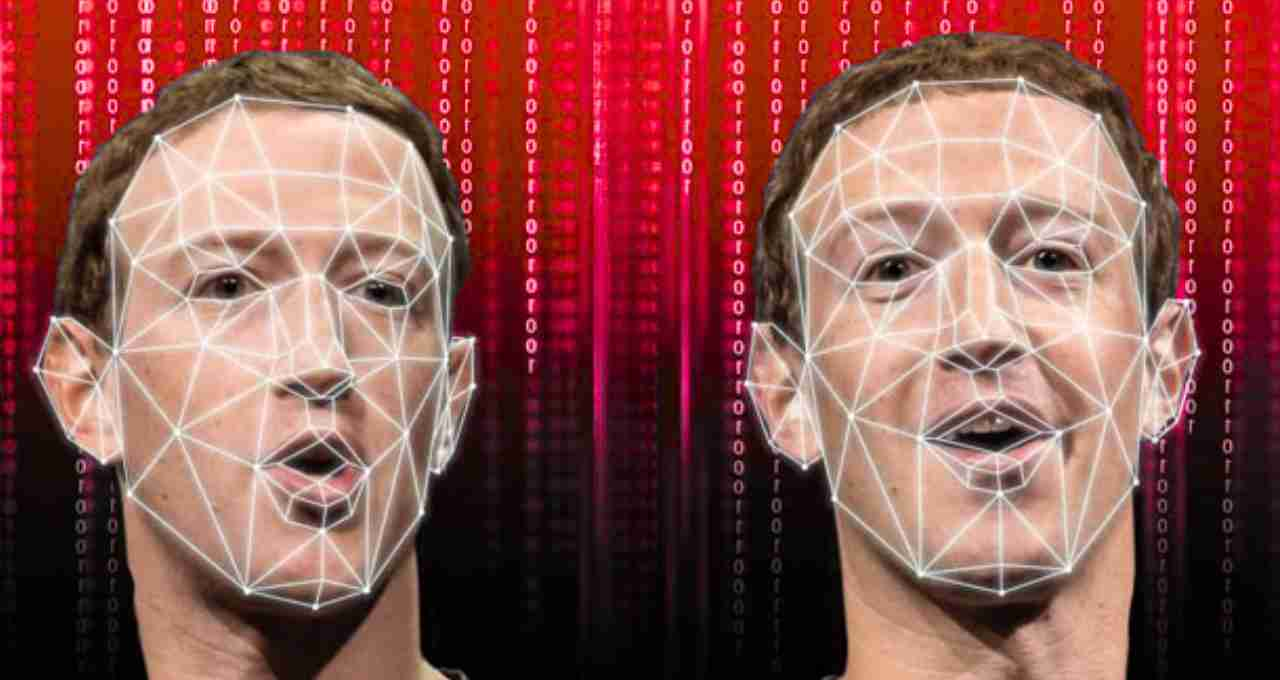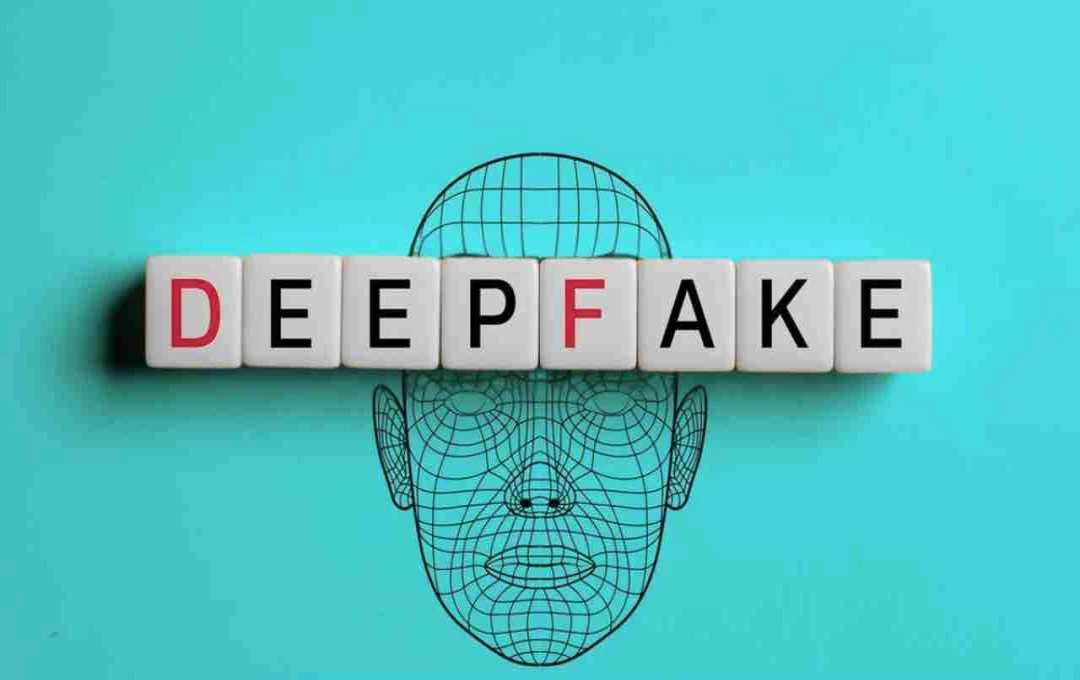Denmark is introducing a new law to control deepfakes, which will provide legal protection to a person's digital identity, such as their face and voice.
Deepfake Video: While deepfake technology has opened up new possibilities in the entertainment world, its misuse has posed a serious threat to personal identity, privacy, and global security. Now, governments appear to be taking stricter measures to curb this growing threat. Denmark, in particular, is taking a major step towards legal changes to protect digital identity, a first in Europe.
What is a Deepfake?
Deepfake technology is based on artificial intelligence (AI) and machine learning, through which a person's face or voice is so accurately added to another video, audio, or image that it becomes difficult to distinguish between real and fake. Whether it's changing an actor's face in a film scene or making a politician 'say' things they never said – that's what deepfakes do. While in some cases this is limited to mere jokes or entertainment, it is also being used to carry out misleading news, financial fraud, and cybercrimes.
Denmark's Legal Preparation

The Danish government is set to make a major change to its copyright law to address this challenge of the digital age. The government proposes that a person's image, voice, and other digital identities be recognized as their intellectual property rights. This initiative is considered the first of its kind in Europe to protect digital privacy. Under this law, if a person's image or voice is misused, they will have the right to have the video or content removed. Furthermore, they can also claim compensation – and this right will remain in effect for up to 50 years after the artist's death.
Bill to be Introduced in Parliament
The Danish government plans to introduce this law in Parliament in the autumn of 2025. Initially, it is receiving support from all major political parties, which indicates that the protection of digital rights is now being given national priority.
Why is This Law Necessary?

In recent months, incidents related to deepfakes have become a cause for serious concern. Fake videos of top leaders from Ukraine and the United States went viral, causing public confusion. UK's renowned engineering company Arup was defrauded of $25 million through an AI-based video call. An attempt was made to commit fraud using a fake voice of Ferrari's CEO. A journalist even broke into a bank's voice authentication system with a deepfake copy of his own voice.
According to AI security company Resemble.ai, 487 deepfake attacks were recorded in the second quarter of 2025, representing a 300% increase compared to the previous year. These attacks resulted in an estimated economic loss of approximately $350 million.
What is Happening Globally?
The United States has implemented the Take It Down Act, which mandates the removal of harmful deepfake content within 48 hours and provides for federal penalties for violations. The European Union's Digital Services Act (DSA) has been in effect since 2024, which restricts online misinformation and illegal content. The Online Safety Act 2025 has been implemented in the UK, increasing the responsibility of digital platforms.
Crackdown on Social Media Companies
The proposed law in Denmark will also include a provision that if illegal deepfake content is found on Meta (Facebook), X (formerly Twitter), and other digital platforms and they fail to remove it, they could face heavy fines. This step will not only determine the responsibility for content removal but also encourage platforms to make their algorithms and moderation processes more transparent.













